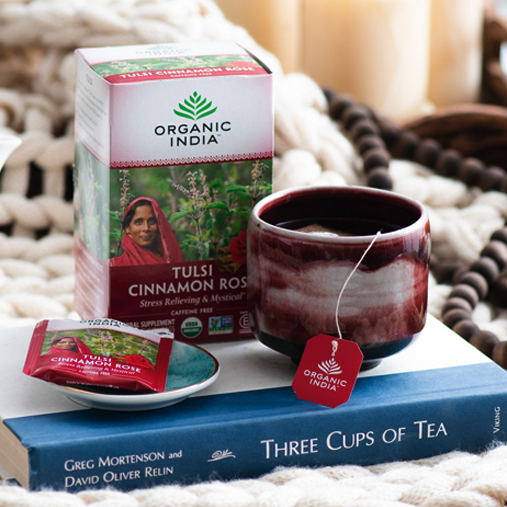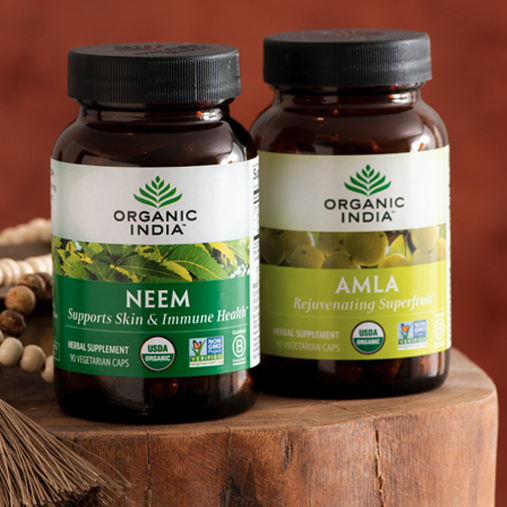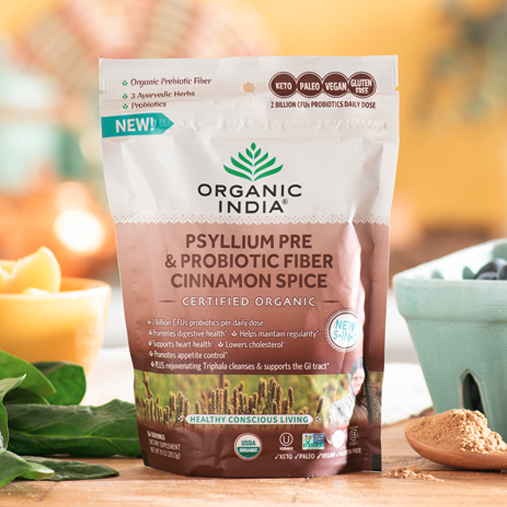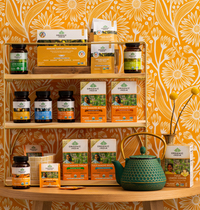By Vic Shayne, Author, Illness Isn’t Caused by a Drug Deficiency
People have been talking about the immune system over the past month or so, and for good reason. While we may first think of foods that fight bacteria, viruses, and fungi, this is a good time to dive into the fascinating world of the microbiome to see what it does and how hard it works to support a responsive immune system.
Where exactly the immune system starts is debatable because some experts argue that it begins with your mouth or nose, when it takes in air from the outside world. Others say that the immune system begins with the skin that blocks toxins from entering your body. Both are correct, but when it comes to explaining the overall picture, we should start with the gut.
What the heck is the gut?
The medical experts at New York University’s School of Medicine explain that the term “gut” refers to the gastrointestinal tract, digestive system, and digestive tract — and this includes the mouth, esophagus, stomach, pancreas, liver, gallbladder, small intestine, colon, and rectum. The gut serves, sustains, and protects the health and wellness of your body, beginning with the intake and absorption of nutrients and water. According to Dr. Lisa Ganjhu, clinical assistant professor of medicine, the digestive process provides the building blocks your body needs to live, function, and stay healthy.
The key to supporting the immune system is the gut microbiome, which molecular biologist Joshua Lederberg describes as all of the microorganisms, bacteria, viruses, protozoa, and fungi, and their collective genetic material that’s in the gastrointestinal tract. While people may rarely give this aspect a second thought, the fact is that humans are far more than skin deep, or even organ deep. Instead, our bodies are teeming with wildlife! Living inside each of us are trillions of microorganisms. And there are hundreds of distinct bacterial species in the gut — some “bad” and some “good.”
Dan Peterson, M.D., Ph.D., at the Johns Hopkins University School of Medicine, says that a huge proportion of the immune system is in the gastrointestinal tract. Certain cells in the lining of the gut spend their lives depositing antibodies into that environment. Antibodies are types of proteins that combine chemically with, and then dispose of, “alien” substances, including bacteria, viruses, and foreign substances. Since the gastrointestinal tract is a relatively open ecosystem, it has a high exposure to the external environment. This means that we can influence our health to be good or bad, depending on our behavior. This is good news because it means we have a great amount of control over our wellness.
How do we feed the good microorganisms?
With trillions of microorganisms on the move, the intricacies of the gut microbiome can become overwhelming to grasp. But if you want to just know what you can do to stay healthy, beginning with your immune system, it’s all about a multi-pronged approach that’s not really so hard to follow.
Among other factors, diet and hygiene heavily influence the gut microbiome. If you consider that the good microorganisms in your gut are defenders fighting off foreign invaders and bad bacteria, then you can resupply your system with the foods and herbs they need to support the effort.
What are the roles of prebiotics and probiotics?
Prebiotics and probiotics create a healthy gut environment. Prebiotic fiber from plants helps nourish the growth of good bacteria. Prebiotics bolster and significantly increase good bacteria populations while also helping suppress harmful bacteria.
Probiotics are live bacteria and yeasts that feed good bacteria to the digestive system, which serves to defend the body. Probiotics may be consumed to address an array of health problems caused by an imbalance of flora (microbes) in the microbiome. Some of these include skin problems, digestive issues, diarrhea, allergies, and even emotional and mental issues. Medical researcher Malini Ghoshal, R.Ph., M.S.,, explained that using probiotics for general gut or immune health may take awhile to see results. But if you’re taking a probiotic for relief from diarrhea, for example, results may come quicker. It all depends on the health issue that probiotics are being taken for.
One of the most highly recommended plant foods for the gut microbiome is psyllium, which stimulates bacterial growth in the digestive system. This beneficial fiber is fermented in the large intestine by the bacteria that’s present. Fermentation produces food that the bacteria need to grow and maintain a healthy population.
Through millennia of healthcare practice, Ayurvedic doctors have brought us an ideal herbal combination for the gut in a formula called Triphala, which consists of the fruits Amla, Bibhitaki, and Haritaki. Ancient medicinal use of these plants have been recorded by the great physician Charak in Ayurvedic texts. More recently, researchers Christine Tara Peterson, Ph.D., Kate Denniston, and Deepak Chopra, M.D., reported that both Ayurveda and Western medicine agree that health and disease begin in the gut. They wrote that Triphala represents an essential formula because it may provide the foundation for digestion, absorption, elimination, and rejuvenation. The researchers wrote that there are numerous references in well-respected Ayurvedic medical texts showing how much Triphala is treasured for its multifaceted therapeutic applications and historical value.
Why is the gut your body and mind’s best friend?
A healthy gut microbiome, balanced with the right bacteria and fed the right foods and herbs, benefits your body by allowing it to utilize much-needed nutrients for cellular function, repair, and replication. But more than this, the gut has been referred to as “the second brain,” because scientists have discovered the great extent to which it is responsible for mental and emotional health. This means that that intuitive “gut feeling” is more likely to be a sort-of deep form of communication between the mind and body and back again, rather than just a metaphorical expression.
New York University doctors tell us that the brain and gut have much to do with stress levels, moods, and states of mind. The gut lets the brain know about stressors, and the brain does the same for the gut. The gut is filled with nerve cells constantly providing information to the brain, and the gut produces more than 90 percent of the body’s serotonin — a hormone that regulates moods and emotions. This explains a lot about butterflies in the stomach and stomach issues related to fear, stress, anticipation, and similar emotions.
There is a so-called superhighway — connected by a network of neurons, chemicals and hormones — between the brain and gut that influences immunity, thinking processes, emotions, and much more. This fantastic system constantly provides feedback about how hungry we are, whether we’re experiencing stress, or if we’ve ingested a disease-causing microbe — and it provides constant updates on the state of affairs, from brains to waste products.














